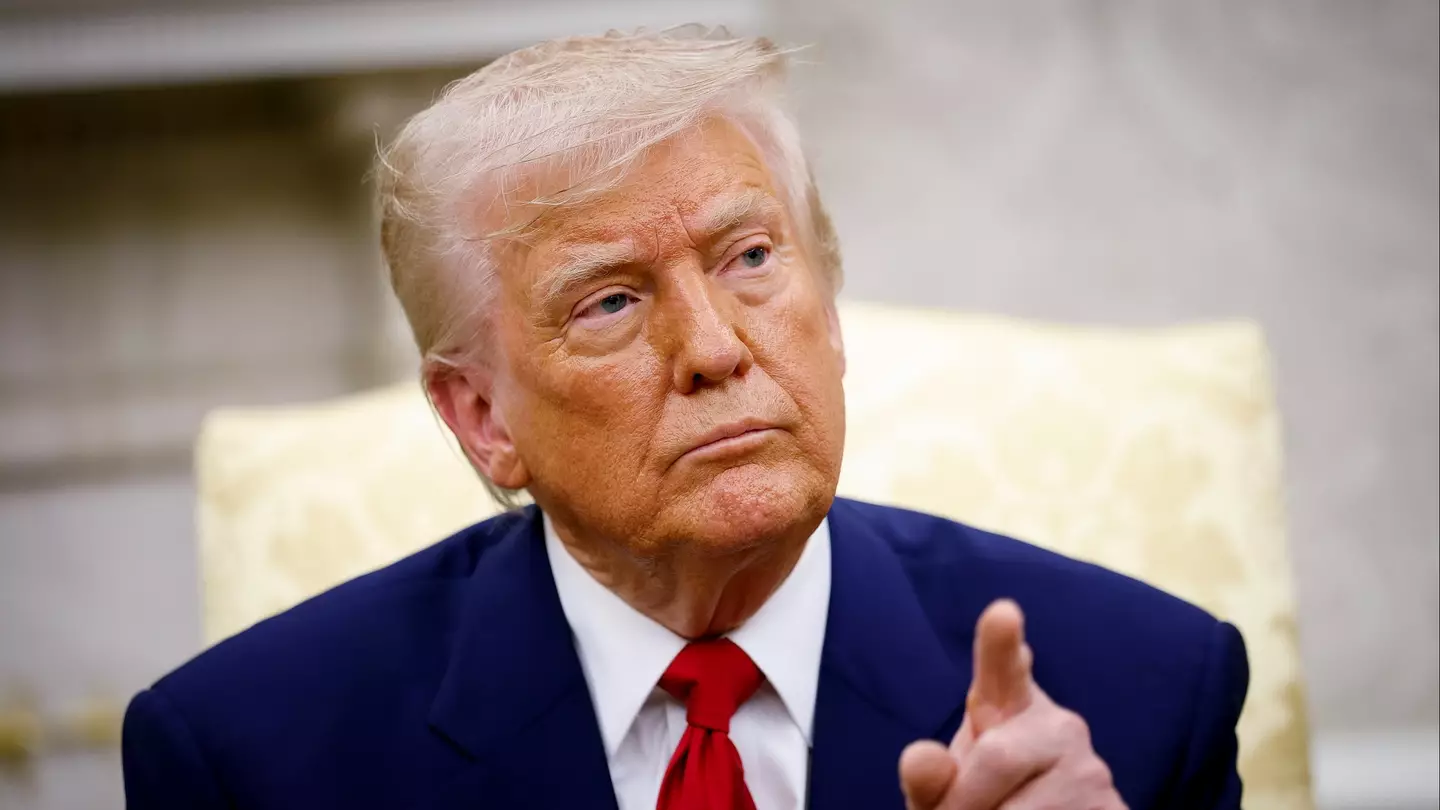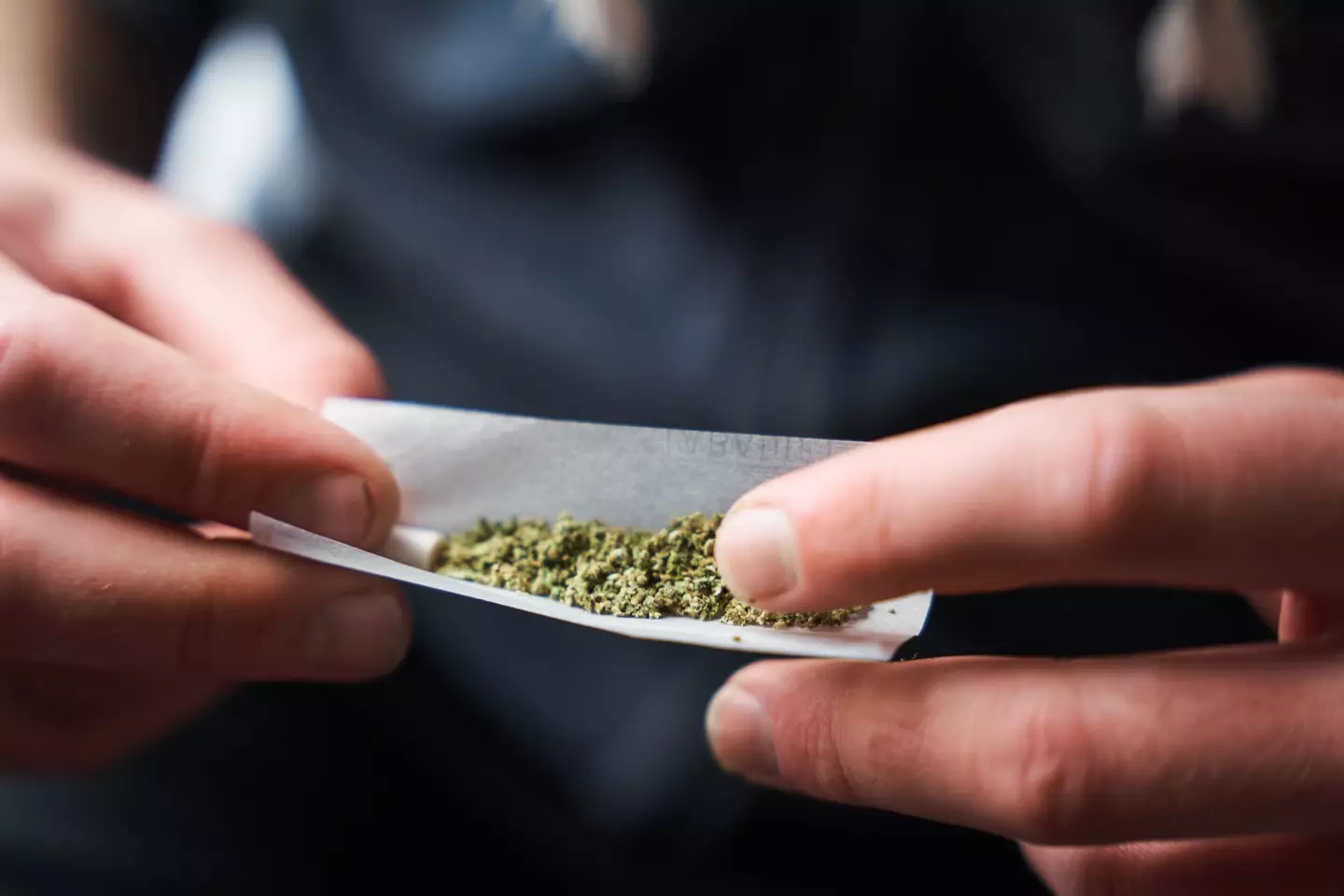
Donald Trump is considering shaking up US laws on marijuana, which would have a huge impact on the industry - but does this mean it would be completely legal?
The drug is currently classified as a Schedule I controlled substance in the US, meaning that federal law considers it to have a ‘high potential for abuse’. At a federal level the drug is illegal, and is classified alongside heroin, LSD, and ecstasy.
However, things could be about to change for marijuana, which would affect its accessibility.
On Monday while briefing the press at the White House, President Trump confirmed that his administration is evaluating the reclassification, suggesting that a decision could arrive ‘within the next few weeks’.
What would a Schedule III reclassification mean?
This move would move marijuana to Schedule III, and according to the government website, a Schedule III drug has a 'moderate to low potential for physical and psychological dependence', with 'abuse potential less than Schedule I and Schedule II drugs'.
Advert
This doesn't mean the drug would be completely legal across the US, but it could make it easier for people to use cannabis medicinally and marijuana companies may be eligible for tax breaks.
Some common Schedule III drugs include ketamine, anabolic steroids and testosterone.

Decriminalisation vs. legalisation: what’s the difference?
There is a stark difference between decriminalisation and legalisation that may not be obvious.
There are 24 states, plus the District of Columbia, that have fully legalised the drug, while others have opted to only allow it for medicinal purposes, or have decriminalised it.
In states where weed isn't decriminalised, someone convicted of offences related to it could face jail time and a criminal record.
Under decriminalisation, marijuana would still technically be illegal, but criminal penalties are removed. Therefore, possession for personal use may lead to a civil fine. This would reduce the harm of criminal convictions on people's lives without making the drug fully legal.
Legalisation as opposed to decriminalisation could mean marjiuana is legal under state law for certain uses, such as medicinal, recreational, or both.
States such as Colorado and California have legalised recreational marijuana and customers can buy it from licensed dispensaries.
“Put simply, if a drug or drug use is decriminalised, people are not criminalised for personal use,” the Alcohol and Drug Foundation explains.
“The rationale behind decriminalisation is to treat drug use and dependence as a health and social issue, not a criminal justice or moral issue. The aim of this model is to improve health and social outcomes.”
What happens next?
As of right now, though many US states have legalised or decriminalised weed, it’s still illegal under federal law because it is classified as a Schedule I drug.
If Trump reclassifies marijuana as a Schedule III drug, it would still be federally controlled but recognised as having medicinal value, leading to easier access for research and potentially reducing the number of arrests for possessing it.
